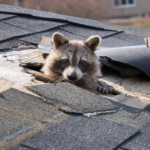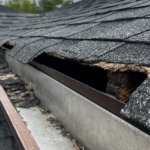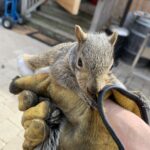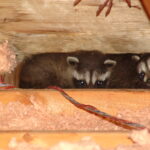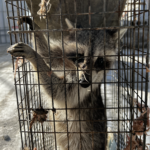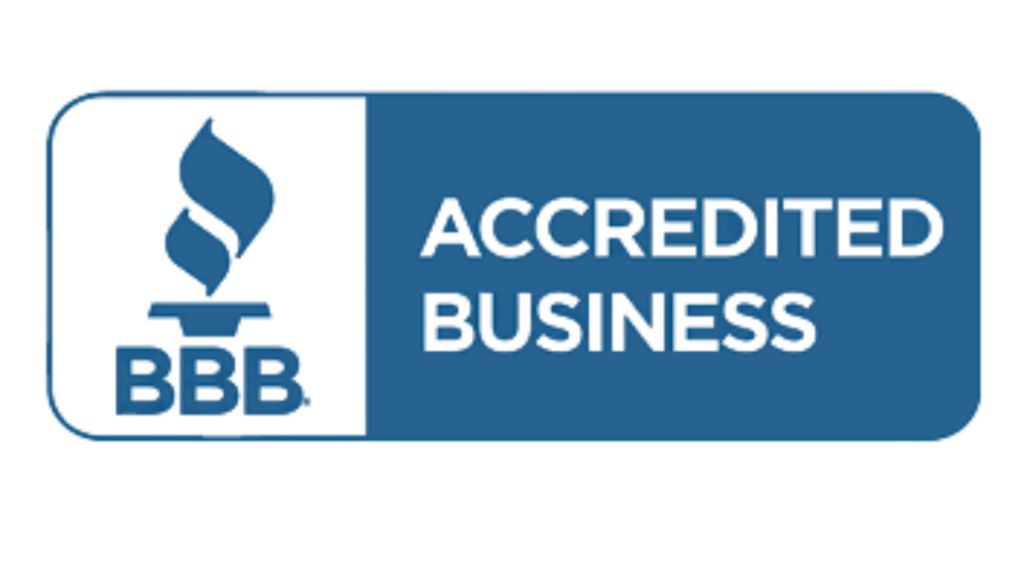Raccoon Roundworm
(Baylisacaris Procyonis)Whether we like it or not raccoons are abundant in our urban environment. In their search for food and shelter it is not uncommon to have them in our backyards, on our decks and in our homes. As raccoons travel within our community they tend to deposit their feces in localized areas called latrines. These latrines are usually located on elevated surfaces such as roof tops, attics and decks but can also be found at ground level. Approximately 95% of raccoon feces contain the eggs of a parasite called Raccoon Roundworm, known as Baylisacaris Procyonis scientifically. The adult roundworm lives in the intestine of the raccoon and sheds millions of eggs that end up in the raccoons feces. Unfortunately, egg infested feces pose a serious health hazard to humans. Young children are at highest risk since they have a tendency of putting things in their mouths. However, older children and adults can also be at risk when working or playing outdoors. CHARACTERISTICS OF RACCOON ROUNDWORM Raccoon roundworm is a parasite that lives in the intestines of approximately 95% of all raccoons.
- Infected raccoons shed millions of eggs in their fecesNewly deposited eggs take a month to become infective
- Eggs live in the environment for many years
- Eggs are sticky and are extremely difficult to kill
- Infection is spread when eggs are accidentally ingested by a person or an animal
- Once ingested, eggs hatch into larvae
- Symptoms depend on how many eggs are ingested
- Accidently ingesting eggs may lead to very serious health consequences
- No effective cure is available
- This roundworm can also live in the intestines of dogs
REDUCING THE RISK The first line of defence in reducing exposure to this disease is to remove any food or secure any shelter that may exist on your property.
- Ensure that raccoons are removed and/or prevented from living in attics, chimneys, garages, decks, sheds etc
- Garbage should be kept in a secure location and placed at the curb the morning of pickup
- Inspect rooftops, decks, wood piles etc. for latrines
- NEVER clean up raccoon feces without taking precautions, use gloves, face masks and tools that are disposable
- Feces should be burned, buried or sent to landfill
- Washing the contaminated area with soap will remove the sticky outer coating of the egg, preventing it from attaching to other surfaces
- Deodorizing the infected area may alter the raccoon’s habit depositing feces at that location.
- Thorough hand washing will prevent possible contamination
For further information please contact Gates Wildlife Control at 416.750.9453 or toll free at 1.877.750.9453.


